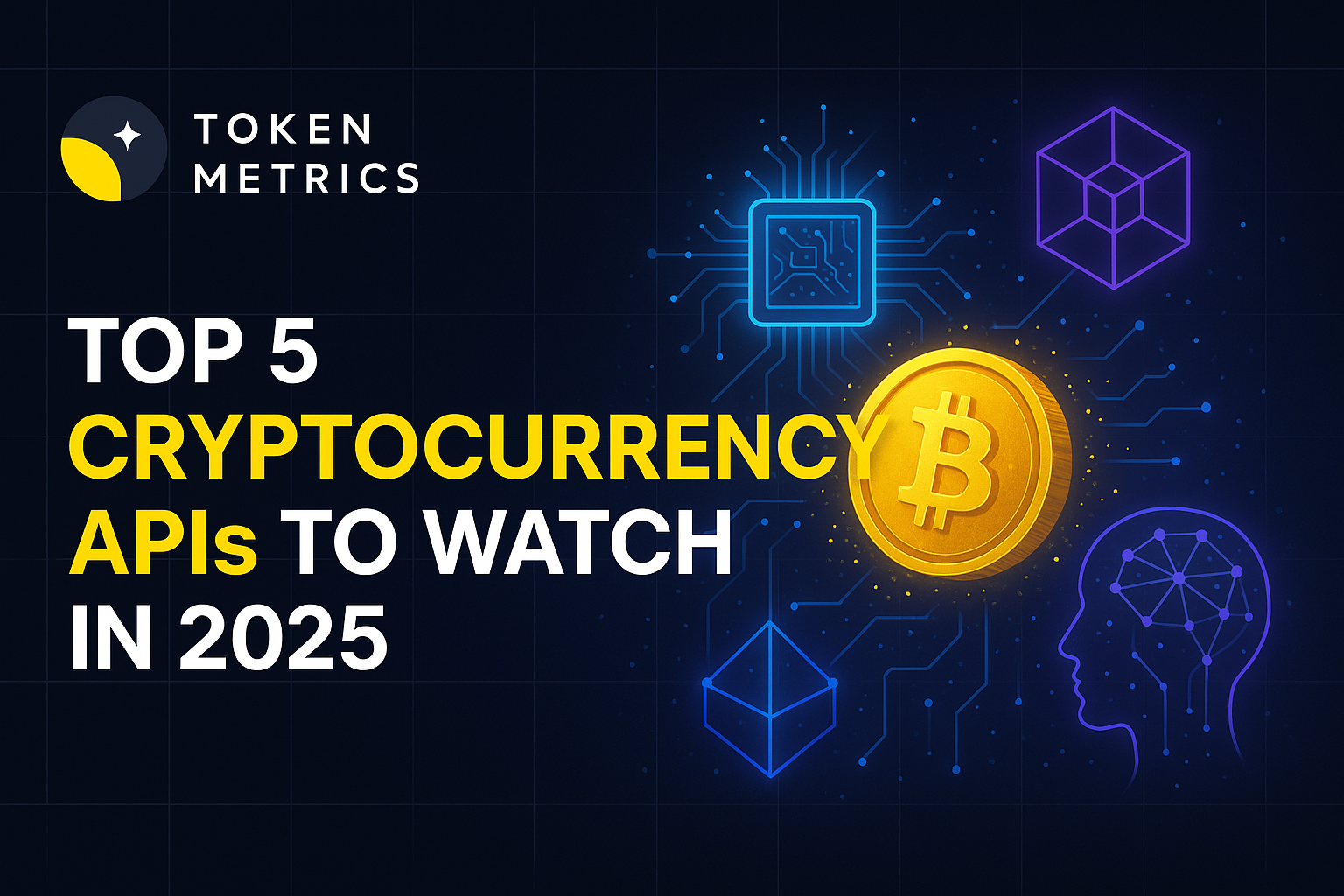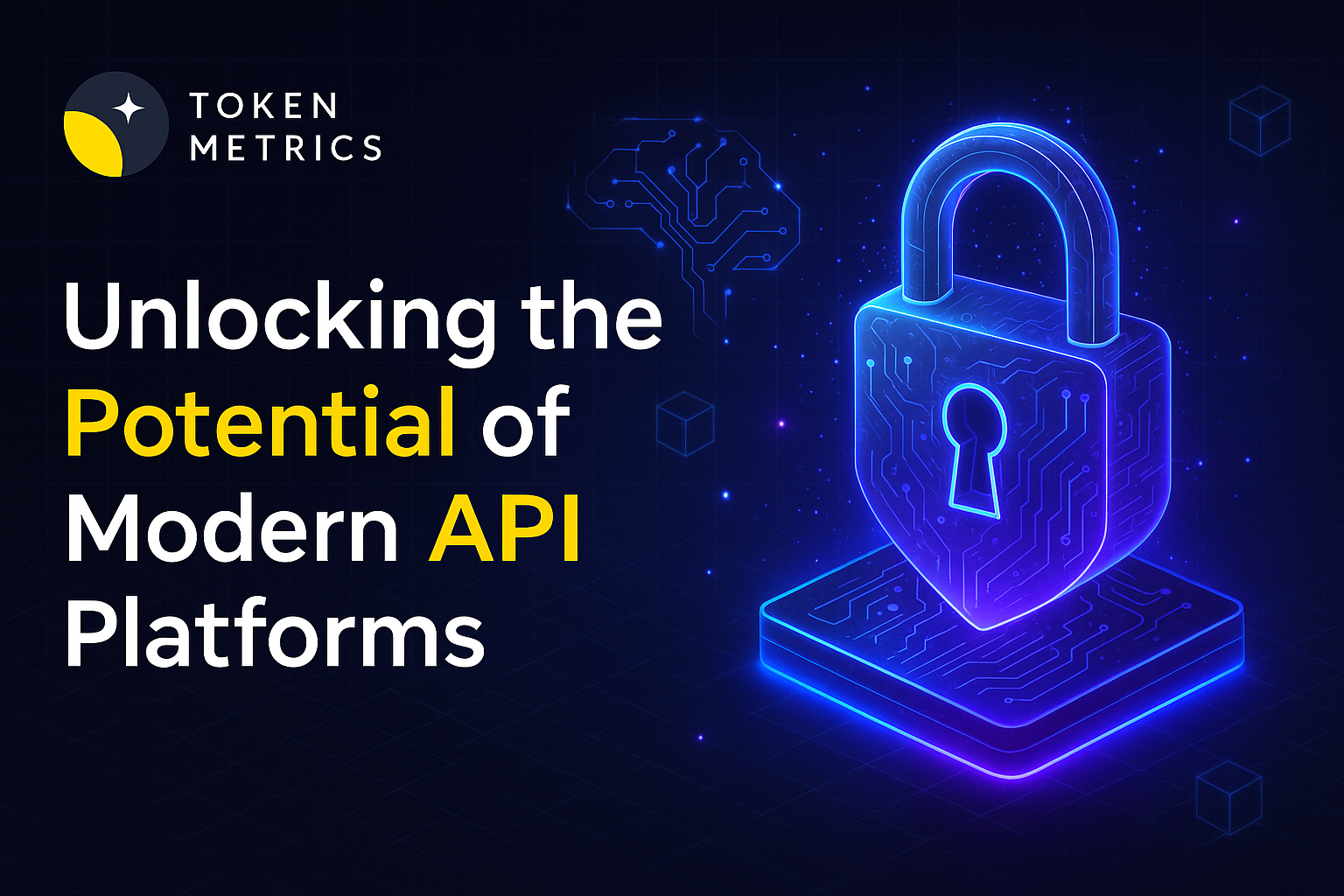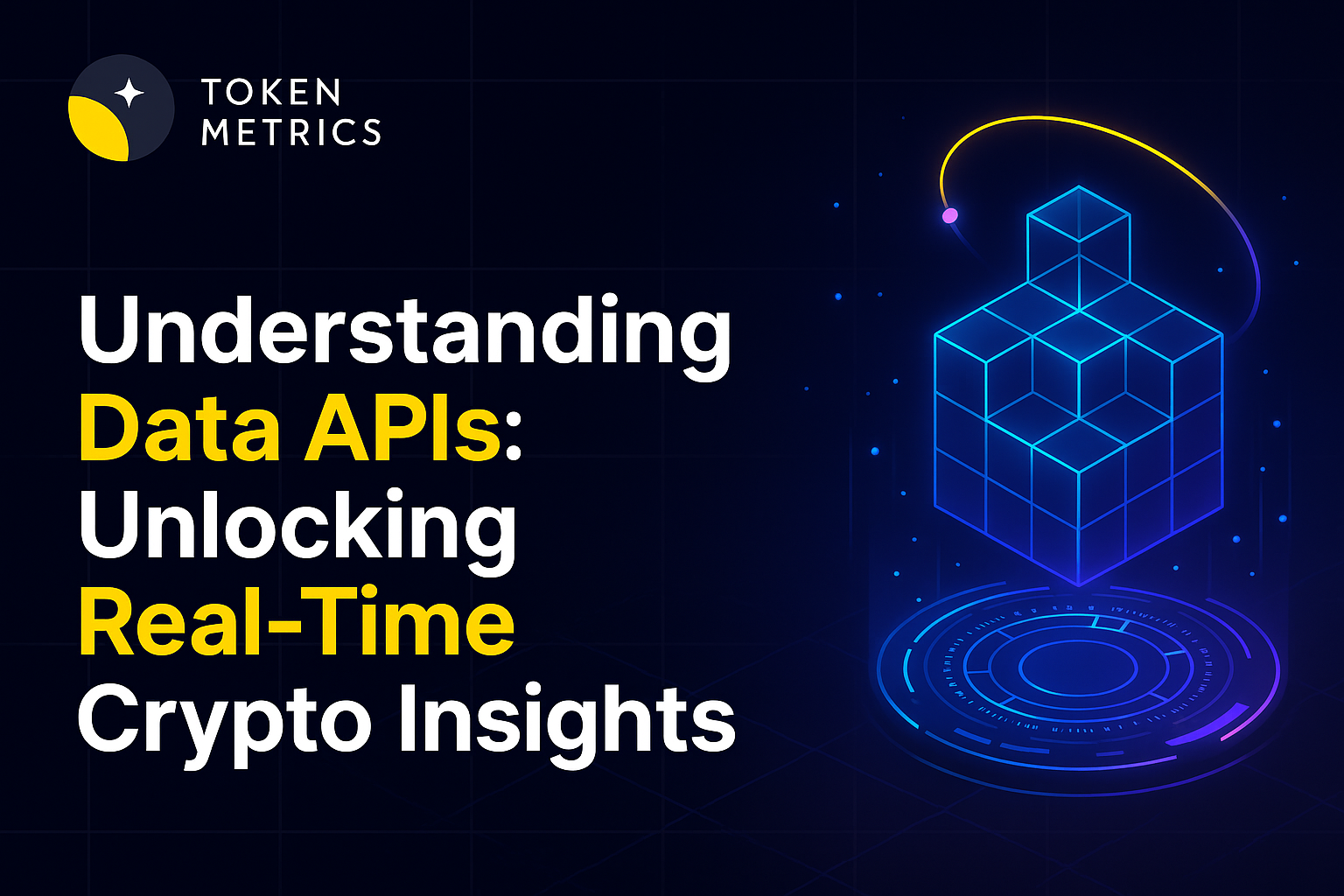What is a Decentralized Autonomous Organization (DAO)?

The world of cryptocurrency is constantly evolving, introducing new and innovative concepts that challenge traditional systems.
One such revolutionary idea is the Decentralized Autonomous Organization, commonly referred to as a DAO. But what exactly is a DAO, and why is it gaining traction in the crypto community? Let's explore.
A Simplified Definition of a DAO
A DAO, or Decentralized Autonomous Organization, is a cutting-edge model that functions without centralized governance. Championed by blockchain advocates, it embodies collective action towards mutual goals using a grassroots management style.
DAOs rely on smart contracts — digital protocols on blockchain platforms — which guarantee open, unchangeable operations without the need for a central overseer. This ensures enhanced transparency and security.
History of DAO?
The concept of DAOs (Decentralized Autonomous Organizations) traces its origins to the early ideation of blockchain and the desire to create decentralized governance models. The term "DAO" first gained prominence with the launch of "The DAO" in 2016—a crowdfunded venture capital fund on the Ethereum platform.
It raised over $150 million in a short span, showcasing the power of decentralized decision-making. However, it also faced security breaches, leading to significant losses and eventually resulting in a hard fork of Ethereum.
This event highlighted both the potential and challenges of DAOs. Over the years, the crypto community has learned from these early experiences, refining the DAO model and its governance structures, leading to the more secure and efficient DAOs we see today.
Breaking Down the Components of a DAO
Decentralized: Unlike traditional organizations, there's no centralized leadership in a DAO. Decisions are made collectively by its members.
Autonomous: DAOs operate automatically and can function without human intervention once the rules are set in place.
Organization: DAOs, like traditional organizations, aim for a particular mission or goal. However, they achieve these through digital means and blockchain technology.
How Does a DAO Work?
A DAO operates on principles of transparency, trust, and consensus.
Smart Contracts: At the heart of every DAO are smart contracts. These are self-executing contracts with the agreement directly written into lines of code. They execute actions when specific conditions are met.
Voting System: Most DAOs utilize a voting system that empowers its members (often token holders) to make decisions. The greater the stake or investment, the larger the voting power one might have.
Funding: DAOs can raise funds by selling tokens. These tokens can represent voting power or a share of the profits.
The Benefits of DAOs
DAOs, or Decentralized Autonomous Organizations, offer a transformative approach to governance and decision-making. Here's why many entities and groups are gravitating toward this model:
Distributed Power: Instead of decisions anchored to a single CEO or a limited Board of Directors, DAOs distribute authority across a broad spectrum of participants. This prevents concentrated power, promoting more balanced decision-making.
Empowerment: DAO structures promote active participation. Though an individual's voting strength might be limited, the DAO framework motivates members to use their tokens wisely, fostering a sense of belonging and significance.
Open Accountability: Voting within DAOs, facilitated via blockchain, is openly accessible. This public ledger not only ensures credibility but also propels members to act responsibly, knowing that every vote is visible to the entire community.
Inclusive Community: DAOs create global digital communities. Their decentralized nature empowers anyone with an internet connection to join, irrespective of their geographical location.
Unparalleled Transparency: The blockchain foundation of DAOs ensures that each decision is chronologically logged, providing a clear trail of actions and fostering mutual trust.
Borderless Collaboration: DAOs break geographical constraints, enabling global interactions without the hassle of traditional barriers or intermediaries.
Unyielding Freedom: The decentralized essence of DAOs makes them resilient to external censorship or regulation.
Economic Efficiency: By sidelining middlemen, DAOs can significantly curtail operational expenses.
Challenges and Concerns
While DAOs (Decentralized Autonomous Organizations) present a groundbreaking approach to decision-making and governance, they're not devoid of challenges. Here's a closer look at some limitations of the DAO framework:
Decision Delays: In a traditional company led by a CEO, decisions can be swift. However, DAOs offer every member a chance to vote, necessitating extended voting durations. Factor in global time zones and varied individual priorities, and it becomes a significant delay in execution.
Knowledge Disparity: Keeping everyone on the same page in a DAO is no small feat. Unlike a centralized system where a CEO can be easily updated, DAO participants can have varied comprehension levels, diverse educational backgrounds, and uneven access to resources. This heterogeneity can pose a challenge in aligning everyone toward a unified strategy and vision.
Operational Inefficiencies: Echoing the above points, DAOs can sometimes struggle with efficiency. The time and effort required to onboard members, elucidate strategies, and foster effective communication can lead to more discussion and less action. The sheer number of participants can inadvertently make trivial tasks a herculean effort.
Digital Vulnerabilities: Like all digital and blockchain-based systems, security remains paramount in DAOs. Ensuring a DAO's integrity demands profound technical acumen. Absent this, issues could arise, from vote authenticity concerns to misaligned decision-making protocols.
Users' trust can be eroded if they perceive structural weaknesses. And while measures like multi-signature wallets can bolster security, DAOs aren't impervious. Threats like treasury exploits or vault breaches remain real concerns.
Notable DAOs in the Crypto Space
The DAO: The most famous (or infamous) example that raised over $150 million in 2016 but was later hacked due to a vulnerability in its code.
MakerDAO: A decentralized credit platform that supports DAI, a stablecoin whose value is pegged to the US dollar.
Aragon: A platform that allows users to create and manage their own DAOs.
The Future of DAOs
The potential of DAOs extends beyond the crypto world. Imagine decentralized platforms for content creation, where creators get fair pay without intermediaries. Or community-driven research projects where global experts collaborate seamlessly.
However, for DAOs to truly become mainstream, the crypto community needs to address its challenges, particularly in security and legal domains
Frequently Asked Questions
Q1. What's the difference between DAOs and traditional organizations?
Traditional organizations are centralized and often rely on hierarchical decision-making processes. In contrast, DAOs function on a decentralized model where decisions are made collectively by token holders or members.
Q2. How are disputes resolved in a DAO?
Many DAOs have in-built governance mechanisms or protocols to address disputes. Some also utilize external arbitration services that operate within the blockchain ecosystem.
Q3. How do DAOs get funding?
DAOs often raise funds through token sales, crowdfunding, or membership fees. These funds are usually managed collectively by the community.
Q4. Are DAOs legally recognized entities?
Legal recognition of DAOs varies by jurisdiction. Some countries are exploring regulatory frameworks for DAOs, but it remains a gray area in many parts of the world.
Q5. How does one join a DAO?
Joining processes vary. Some DAOs require purchasing tokens, others might need an invitation or application, while some are open for anyone to join.
Q6. What are the common platforms or blockchains for creating DAOs?
Ethereum is the most popular platform for DAO creation due to its robust smart contract capabilities. However, other blockchains like Binance Smart Chain, Polkadot, and Tezos are also emerging as DAO platforms.
Q7. Can DAOs interact with other digital assets or protocols?
Yes, many DAOs are designed to seamlessly integrate with other digital assets, protocols, and even other DAOs, enhancing the interoperability within the blockchain ecosystem.
Q8. What happens if a DAO's smart contract has a bug or vulnerability?
Smart contract vulnerabilities can pose significant risks. If detected, the DAO community often deliberates on potential fixes or solutions, which might include code updates or even migration to a new contract.
Conclusion
In the ever-evolving landscape of blockchain and crypto, DAOs stand as a testament to the power of decentralized governance and collective decision-making.
While they usher in a new era of transparency, inclusivity, and global collaboration, it's essential to approach them with a comprehensive understanding of both their potential and challenges.
From their historical origins to current applications, DAOs are reshaping the way we perceive organizational structures. As we move forward, embracing the lessons from the past and innovating for the future, DAOs could very well be the cornerstone of a new digital age of collaboration and trust.
Disclaimer
The information provided on this website does not constitute investment advice, financial advice, trading advice, or any other sort of advice and you should not treat any of the website's content as such.
Token Metrics does not recommend that any cryptocurrency should be bought, sold, or held by you. Do conduct your own due diligence and consult your financial advisor before making any investment decisions.
Create Your Free Token Metrics Account

.png)




%201.svg)
%201.svg)


%201.svg)










.svg)




.png)